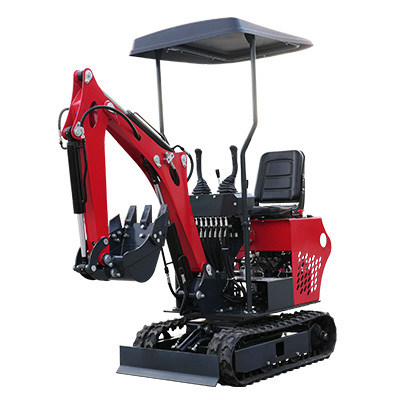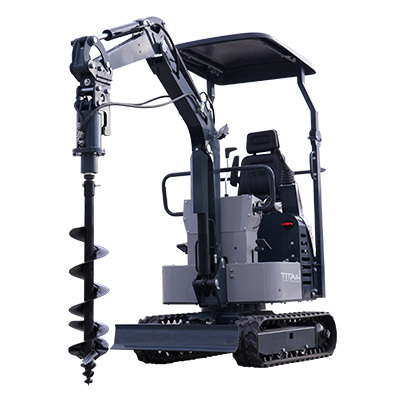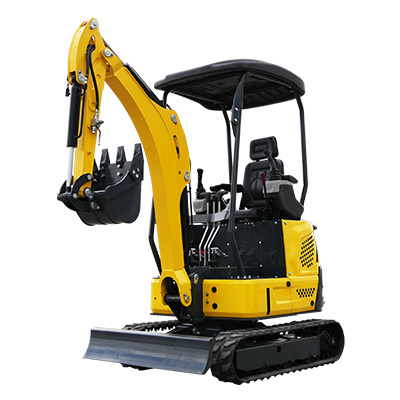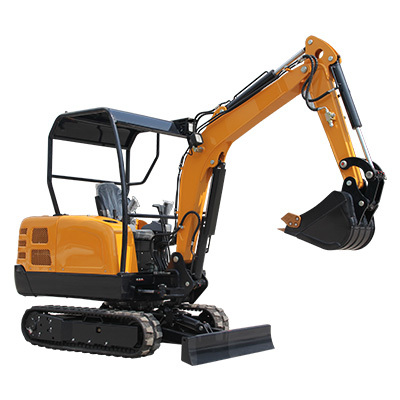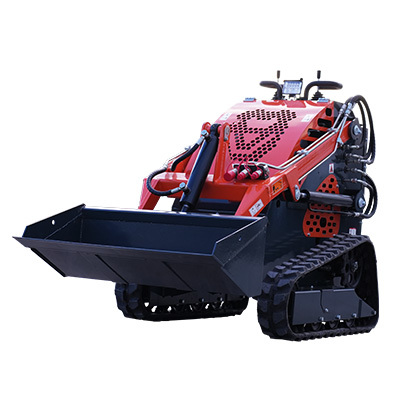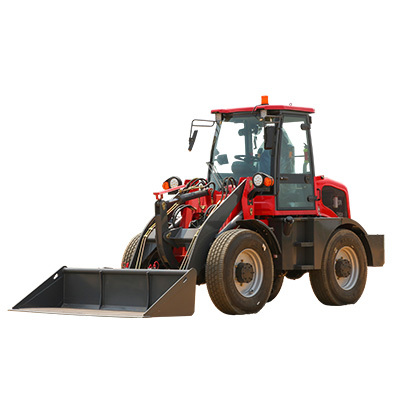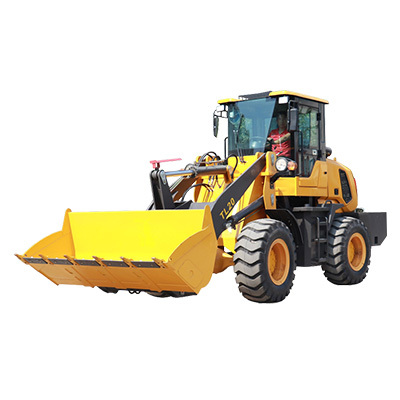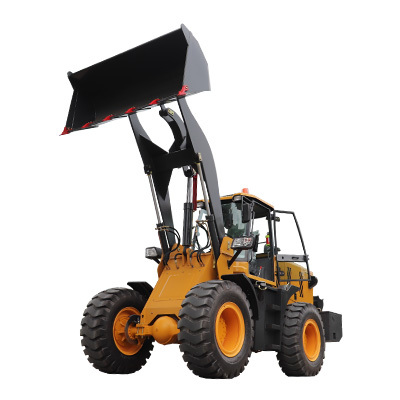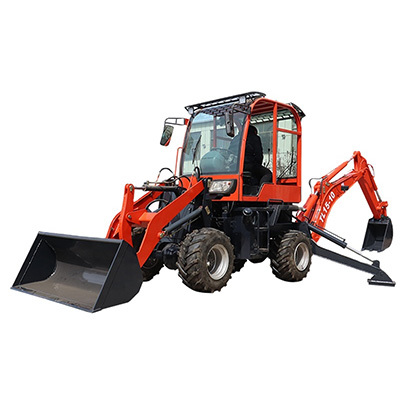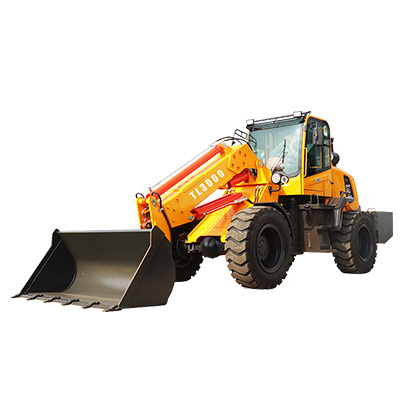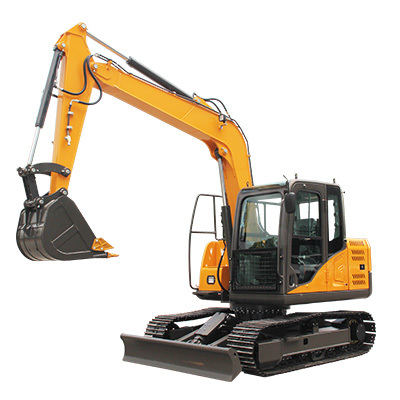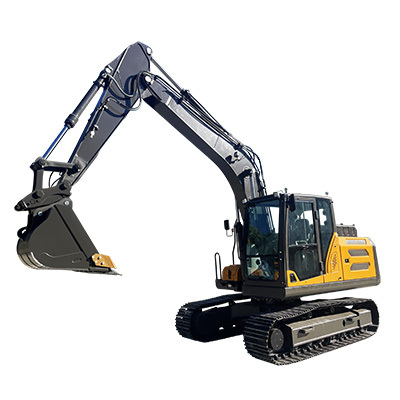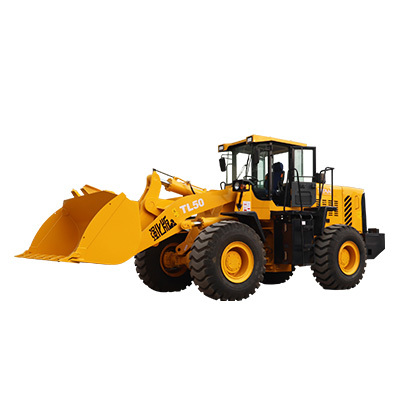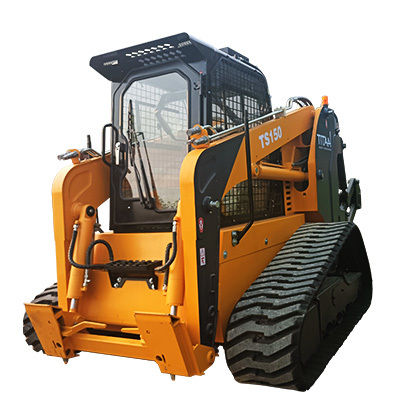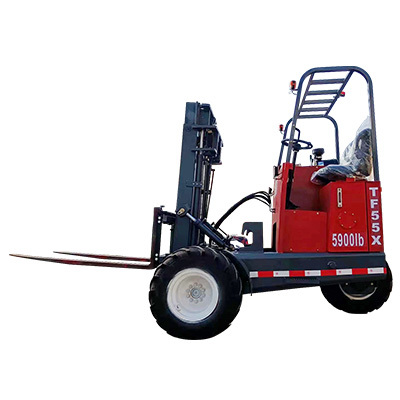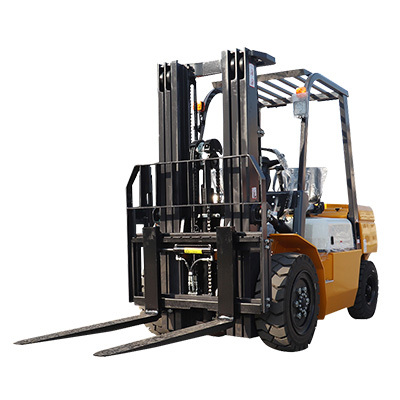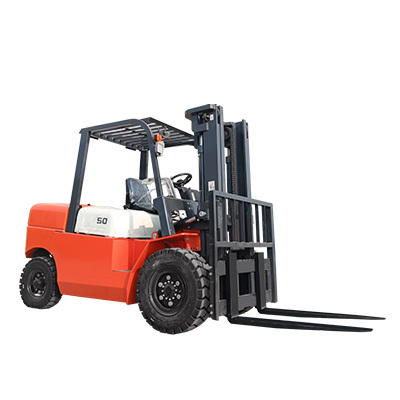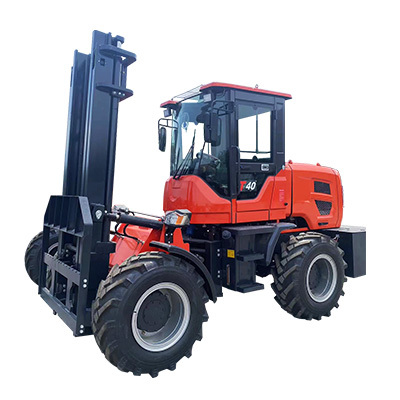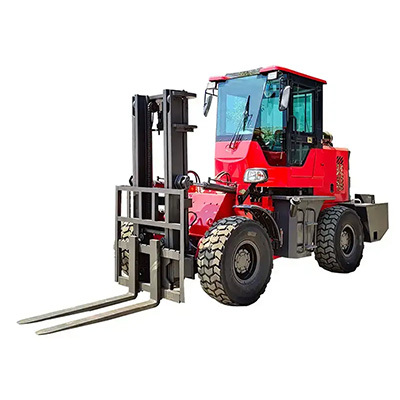Compact Construction Equipment: A Game Changer for Small Businesses
Release time:
2025-07-18
Summary
Compact Construction Equipment: A Game Changer for Small Businesses
Introduction to Compact Construction Equipment
In today’s competitive environment, small businesses in the construction and engineering sectors face unique challenges. Limited budgets, tight timelines, and the need for efficiency are just a few of the hurdles that these businesses encounter daily. Compact construction equipment ha
Compact Construction Equipment: A Game Changer for Small Businesses
Introduction to Compact Construction Equipment
In today’s competitive environment, small businesses in the construction and engineering sectors face unique challenges. Limited budgets, tight timelines, and the need for efficiency are just a few of the hurdles that these businesses encounter daily. Compact construction equipment has emerged as a powerful solution, enabling small enterprises to enhance productivity, reduce operational costs, and expand their service offerings.
Understanding Compact Construction Equipment
Compact construction equipment refers to a range of machines designed for ease of use, maneuverability, and versatility. These machines are smaller than traditional construction equipment, allowing them to operate in tight spaces and on various terrains. Examples include mini-excavators, compact track loaders, skid-steer loaders, and compact backhoes.
The Rise of Compact Equipment in the Market
The demand for compact construction equipment has surged in recent years, driven primarily by urbanization and the increasing need for efficient construction methods. Small businesses are recognizing the advantages of these machines, which provide efficiency without sacrificing power or capability.
Benefits of Compact Construction Equipment for Small Businesses
Investing in compact construction equipment can yield significant benefits for small businesses. Here are some key advantages:
1. Enhanced Maneuverability
Compact equipment is designed to operate in confined spaces, such as residential neighborhoods or urban job sites. This allows small businesses to take on projects that larger machinery cannot accommodate, giving them a competitive edge.
2. Cost-Effectiveness
Compact machines often come at a lower purchase price compared to their larger counterparts. Their fuel efficiency also leads to reduced operational costs, making them an attractive option for budget-conscious small businesses.
3. Versatility and Multi-functionality
Many compact machines can be fitted with various attachments, such as buckets, forks, and augers, allowing them to perform multiple tasks. This versatility can streamline operations and reduce the need for a diverse fleet of equipment.
4. Reduced Labor Costs
With compact construction equipment, tasks that previously required multiple workers can often be completed by a single operator. This reduction in labor needs not only cuts costs but also enhances productivity.
5. Easier Transport and Storage
Due to their smaller size, compact equipment is easier to transport between job sites and requires less storage space. This flexibility allows small businesses to operate more efficiently.
Types of Compact Construction Equipment
Understanding the various types of compact construction equipment available is essential for small business owners looking to optimize their operations.
1. Mini-Excavators
Mini-excavators are perfect for digging, trenching, and material handling in confined spaces. Their compact size and impressive lifting capabilities make them a favorite for landscaping and utility work.
2. Skid-Steer Loaders
Skid-steer loaders are incredibly versatile machines that excel in various applications, from digging and grading to material transport. Their ability to operate in tight spaces makes them ideal for small sites.
3. Compact Track Loaders
These machines combine the benefits of skid-steer loaders with the enhanced stability of tracks. Compact track loaders are excellent for rough terrain, making them suitable for landscaping and site preparation.
4. Compact Backhoes
Compact backhoes provide the power of a full-size backhoe in a smaller form factor. They are versatile enough for excavation, loading, and even material handling tasks.
5. Mini Wheel Loaders
Mini wheel loaders are perfect for moving materials and performing landscaping tasks. Their compact size allows for easy navigation on smaller job sites.
Financing Options for Compact Construction Equipment
For small businesses, financing options can often be the deciding factor in purchasing compact construction equipment. Here are some popular choices:
1. Equipment Loans
Equipment loans allow businesses to borrow money to purchase equipment while using the equipment itself as collateral. This option can facilitate ownership without a hefty upfront payment.
2. Leasing Options
Leasing compact construction equipment offers the advantage of lower monthly payments, which can help businesses manage cash flow more effectively. At the end of the lease period, businesses may have the option to purchase the equipment.
3. Manufacturer Financing
Many equipment manufacturers offer financing options directly to customers. These plans can include competitive interest rates and flexible payment terms, making it easier for small businesses to acquire the machinery they need.
Best Practices for Using Compact Construction Equipment
To maximize the benefits of compact construction equipment, small businesses should adopt certain best practices.
1. Regular Maintenance and Inspections
Regular maintenance is crucial for extending the lifespan of compact machinery. Implementing a routine inspection and service schedule can prevent costly repairs and downtime.
2. Proper Training for Operators
Investing in training for operators ensures that equipment is used safely and efficiently. Well-trained operators can maximize productivity while minimizing the risk of accidents.
3. Strategic Planning for Equipment Use
Planning the use of compact equipment in advance can help businesses complete projects more efficiently. This includes scheduling maintenance, transportation, and project timelines to avoid delays.
4. Keeping Up with Technology
As technology in compact construction equipment continues to evolve, staying informed about new features and capabilities can help businesses leverage their equipment to improve productivity.
Case Studies: Compact Equipment in Action
To illustrate the impact of compact construction equipment on small businesses, let’s explore a few real-world examples:
1. Landscaping Company Success Story
A small landscaping company invested in a mini-excavator and skid-steer loader, allowing them to take on larger projects than ever before. The versatility of these machines enabled them to complete jobs in half the time, leading to increased customer satisfaction and repeat business.
2. Utility Contractor’s Growth
A utility contractor specializing in residential work faced challenges with larger equipment in confined spaces. After switching to compact track loaders, they significantly improved their operational efficiency, allowing them to win more contracts and expand their service area.
Frequently Asked Questions about Compact Construction Equipment
1. What is compact construction equipment used for?
Compact construction equipment is used for various tasks, including excavation, grading, landscaping, and material handling. Its versatility makes it suitable for small to medium-sized projects.
2. How do I choose the right compact equipment for my business?
Consider factors such as project size, budget, and the specific tasks you need the equipment to perform. Research different models and consult with dealers to make an informed decision.
3. Is leasing better than buying compact construction equipment?
Leasing may offer lower monthly payments and less upfront cash required, making it a good option for businesses with limited funds. However, purchasing equipment could be more cost-effective in the long run if you plan to use it frequently.
4. How often do I need to maintain compact construction equipment?
Regular maintenance should be performed based on the manufacturer's recommendations, typically every few hundred hours of operation. This includes oil changes, inspections, and part replacements.
5. Can I use compact construction equipment on uneven terrain?
Yes, many compact construction machines are designed to handle uneven terrain, especially compact track loaders and mini-excavators. However, it’s essential to assess the specific capabilities of the model you choose.
Conclusion
Compact construction equipment is undeniably a game changer for small businesses operating in the construction and engineering sectors. By enhancing maneuverability, reducing costs, and providing versatile solutions, these machines empower small enterprises to compete effectively in a challenging market. Investing in compact equipment not only streamlines operations but also opens new opportunities for growth and expansion. By leveraging the benefits of these machines, small businesses can turn challenges into achievements, paving the way for a successful future.
More News
Compact Construction Equipment manufacturer
2025-12-09

